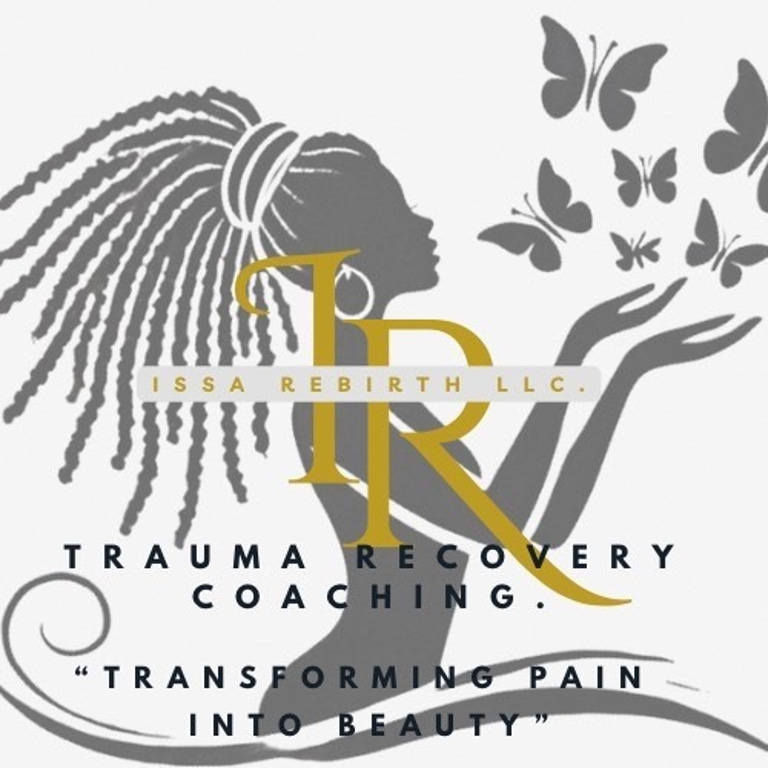Real Men Feel
Breaking the Silence Around Men’s Mental Health
SELF CARE
Kenisha Miller
6/9/20253 min read
By Kenisha Miller, Trauma Recovery Coach | Issa Rebirth
Introduction
June is Men’s Mental Health Month, a time to shine a light on the silent battles many men face.
For generations, men have been conditioned to believe that emotions are weakness, that tears are shameful, and that asking for help means failure. But here’s the truth:
You are not weak for feeling. You are human.
1. The Cost of Silence: How Men Are Conditioned
From an early age, boys are told to “man up,” “stop crying,” or “be strong.” These messages teach them that emotional expression is shameful or unmanly — and that silence is safer than vulnerability.
According to the American Psychological Association (APA), this form of toxic masculinity leads men to suppress emotions, avoid seeking help, and suffer in silence. The result? Higher rates of substance abuse, untreated trauma, and suicide.
Fact: Men die by suicide at rates nearly 4x higher than women in the U.S.
2. Real Strength Is Vulnerability
We need to reframe what it means to be strong.
True courage isn’t hiding your emotions — it’s facing them. It takes strength to say, “I’m not okay,” and even more strength to get help.
As psychologist Dr. Brené Brown beautifully puts it: “Vulnerability is not winning or losing; it’s having the courage to show up when you can’t control the outcome.”
Let’s stop equating emotion with weakness. Vulnerability is resilience. It’s leadership. It’s power.
3. Men Are People Too: You Deserve Healing
Men are fathers, sons, brothers, and partners. But more importantly — they are people.
People with stories. People with scars. People with the right to be emotionally whole.
Ignoring mental health doesn’t just hurt the man — it impacts families, children, and entire communities.
Healing isn’t just for “the broken.”
It’s for the brave.
4. It’s Okay to Break Generational Chains
If you grew up watching the men around you suppress emotion, suffer silently, or explode in rage— that doesn’t have to be your story.
You can start a new chapter.
One where your sons see you cry and still stand tall.
One where your daughters witness you choosing peace over pride.
One where emotional expression isn’t taboo — it’s celebrated.
This is how generational trauma ends.
5. Action Steps for Men
If you’re ready to begin your healing, here are a few ways to start:
Talk about it. Open up to a friend, coach, therapist, or partner.
Journal. Write one honest sentence a day. Your truth deserves space.
Seek support. Therapy is not weakness — it’s wisdom.
Move your body. Physical activity can shift your mood and release stored stress.
Break cycles. Ask yourself, “What was I taught about being a man — and does it still serve me?”
Closing Message
To every man reading this:
You do not have to carry the weight of the world alone.
You do not have to pretend you’re fine.
You deserve to feel. To heal. To be whole.
Your mental health matters.
Your vulnerability is your victory.
And it’s okay to not be okay — as long as you don’t stay there.
Affirmation for Men’s Mental Health
“I am allowed to feel deeply. My emotions do not make me weak — they make me real. I honor my healing, and I give myself permission to ask for help, grow, and break every chain that was never mine to carry.”
Need Support?
If you’re ready to begin your healing journey, I’m here to walk with you.
As a trauma recovery coach, I offer 1:1 support, healing tools, and free spots monthly based on income.
Visit www.issarebirth.net or DM me on Instagram: @issarebirth_coaching
You don’t have to do this alone. You were never meant to.
Sources Cited
1. American Psychological Association. (2018). APA Guidelines for Psychological Practice with Boys and Men.
2. Centers for Disease Control and Prevention (CDC). (2022). Suicide Data and Statistics.
3. Brown, B. (2012). Daring Greatly: How the Courage to Be Vulnerable Transforms the Way We Live, Love, Parent, and Lead.
4. Mahalik, J. R., Burns, S. M., & Syzdek, M. (2003). Masculinity and men’s health: Behavioral and social influences.

